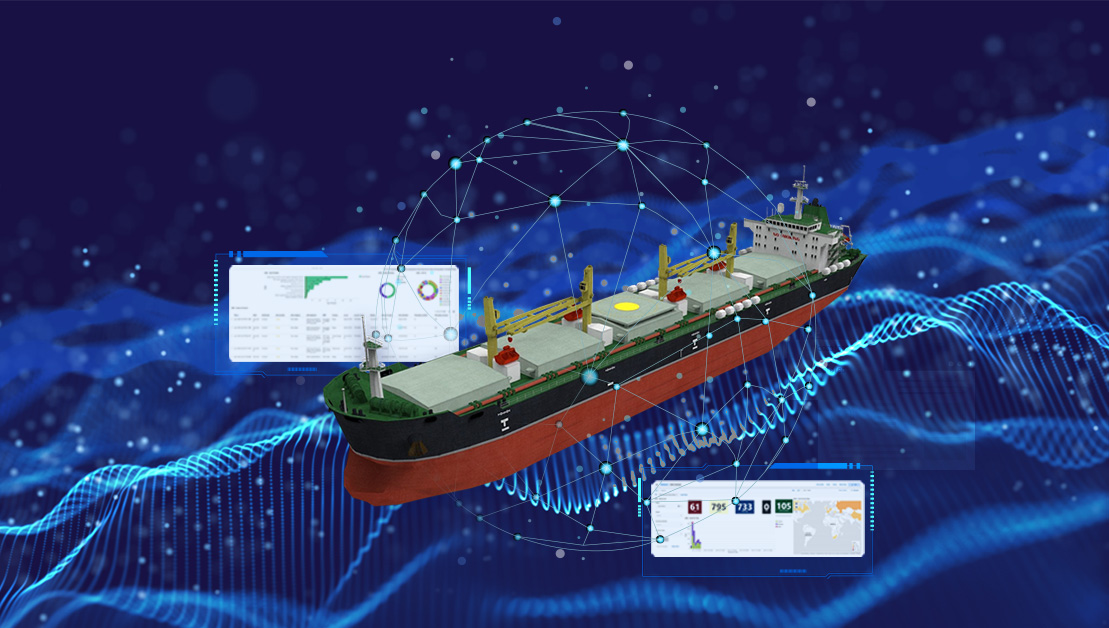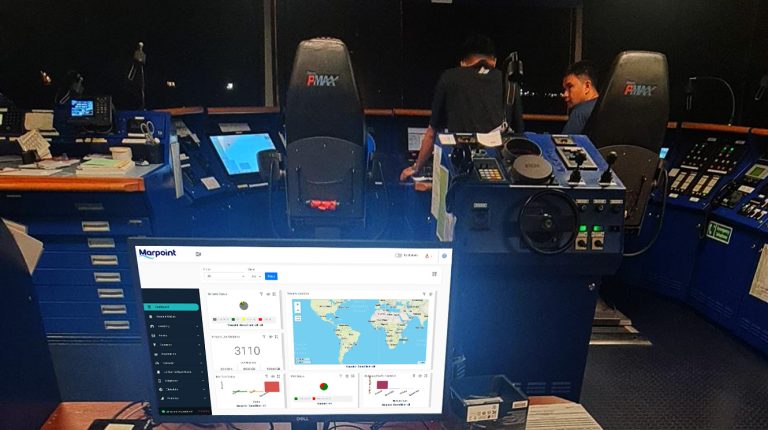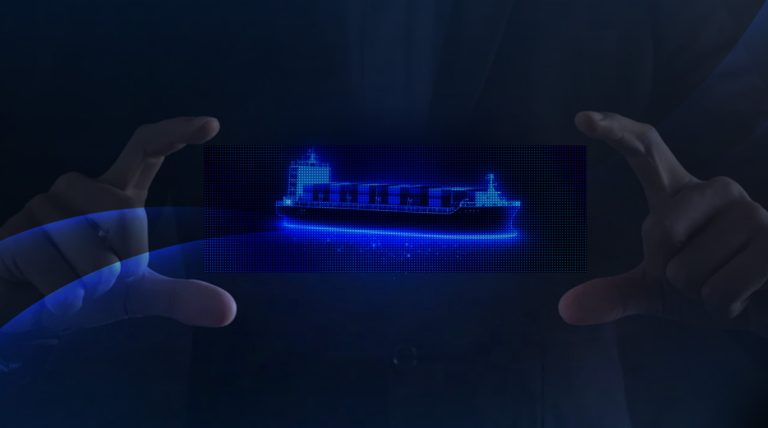The incident where a vessel blocked other ships from getting through the Suez Canal, cost the world nearly $10 billion in trade each day it was stuck. This is only a fraction of the damage that cyber-attacks could cause to the maritime industry.
There are various systems for hackers to attack which could result in taking full control over a vessel or fleet, creating damage to critical systems on board or it could just be ransomware or a malicious virus attempting to take control. As such, the world bore witness to hackers taking control of the pipeline that essentially held it hostage until they accumulated a certain amount of ransom.
This one incident makes it easy to realize how cyber-attacks can affect critical global systems.
In can be argued that nowadays the greatest cyber threat lies in the maritime industry. The COVID-19 pandemic sped up the already occurring digitization of the world, with governments and societies requiring people to work from home over the internet.
As such, the maritime industry also had to rely more heavily on the internet than ever before. While not deeply connected to technology, vessels are indeed constantly connected to the internet.
The real issue lies in the fact that a series of systems and computers onboard vessels are extremely complicated and old. This makes them vulnerable to cyber-attacks.
Cyber-attacks on maritime vessels dramatically increased by 400% only in the first few months since the pandemic breakout.
In the scenario of hackers taking control of a ship that is carrying something truly vital, like food, water, or Covid vaccines, they could shut down the ship for as long as they wanted to, and as in the case of the Colonial pipeline, the ship owner could do nothing more than to give them whatever they would ask for.
The above would lead to significant delays, the economic damage of millions of dollars as well as a political and social crisis.
So what can you do?
Effective Cyber Risk Management
Cyber risk management should involve the senior management level of a company on an ongoing basis, instead of for example, only the ship security officer or the IT manager.
Cyber risk management must constitute an integral part of ship management and ship operation, where different employees have different roles, responsibilities, and tasks.
The Role of the Cyber Security Partner
The role of the modern IT Manager in a shipping company is becoming a daily multi-tasking challenge that needs to ensure proper communication ship to shore as well as proper operation of all IT systems onboard, 24/7 remote monitoring and compliance with regulations.
Ship Owners, on the other side, slowly but gradually understand the value and need to modernize the IT support for their business with a complete portfolio of physical, network, and data security services provided by 3rd party class-approved IT Vendors, such as Marpoint, that will improve their company’s operational efficiency, lower costs, protect their assets from cyber threats and comply with the IMO 2021 regulation.
Raising awareness and taking all the necessary proactive measures against cyber threats will be the next challenge for shipping toward protecting the global economy and societal welfare.
The unknown global threat
The incident where a vessel blocked other ships from getting through the Suez Canal, cost the world nearly $10 billion in trade each day it was stuck.
This is only a fraction of the damage that cyber-attacks could cause to the maritime industry.
There are various systems for hackers to attack which could result in taking full control over a vessel or fleet, creating damage to critical systems on board or it could just be ransomware or a malicious virus attempting to take control. As such, the world bore witness to hackers taking control of the pipeline that essentially held it hostage until they accumulated a certain amount of ransom.
This one incident makes it easy to realize how cyber-attacks can affect critical global systems.
In can be argued that nowadays the greatest cyber threat lies in the maritime industry. The COVID-19 pandemic sped up the already occurring digitization of the world, with governments and societies requiring people to work from home over the internet.
As such, the maritime industry also had to rely more heavily on the internet than ever before. While not deeply connected to technology, vessels are indeed constantly connected to the internet.
The real issue lies in the fact that a series of systems and computers onboard vessels are extremely complicated and old. This makes them vulnerable to cyber-attacks.
In the scenario of hackers taking control of a ship that is carrying something truly vital, like food, water, or Covid vaccines, they could shut down the ship for as long as they wanted to, and as in the case of the Colonial pipeline, the ship owner could do nothing more than to give them whatever they would ask for.
The above would lead to significant delays, the economic damage of millions of dollars as well as a political and social crisis.
Effective Cyber Risk Management
Cyber risk management should involve the senior management level of a company on an ongoing basis, instead of for example, only the ship security officer or the IT manager.
Cyber risk management must constitute an integral part of ship management and ship operation, where different employees have different roles, responsibilities, and tasks.
The Role of the Cyber Security Partner
The role of the modern IT Manager in a shipping company is becoming a daily multi-tasking challenge that needs to ensure proper communication ship to shore as well as proper operation of all IT systems onboard, 24/7 remote monitoring and compliance with regulations.
Ship Owners, on the other side, slowly but gradually understand the value and need to modernize the IT support for their business with a complete portfolio of physical, network, data security services provided by 3rd party class approved IT Vendors, such as Marpoint, that will improve their company’s operational efficiency, lower costs, protect their assets from cyber threats and comply with the IMO 2021 regulation.
Raising awareness and taking all the necessary proactive measures against cyber threats will be the next challenge for shipping towards protecting the global economy and societal welfare.





